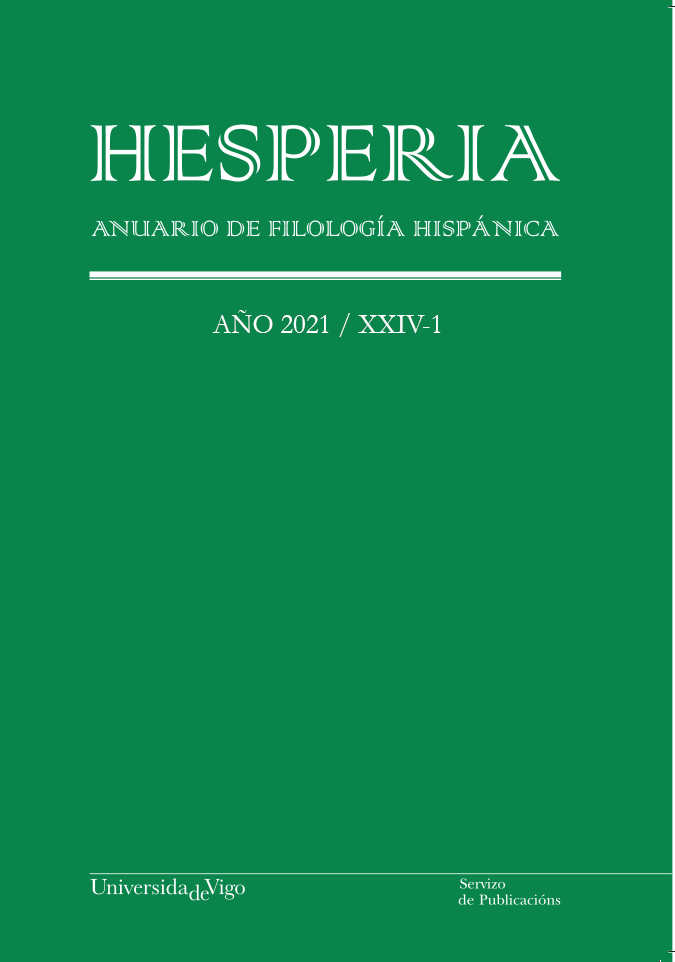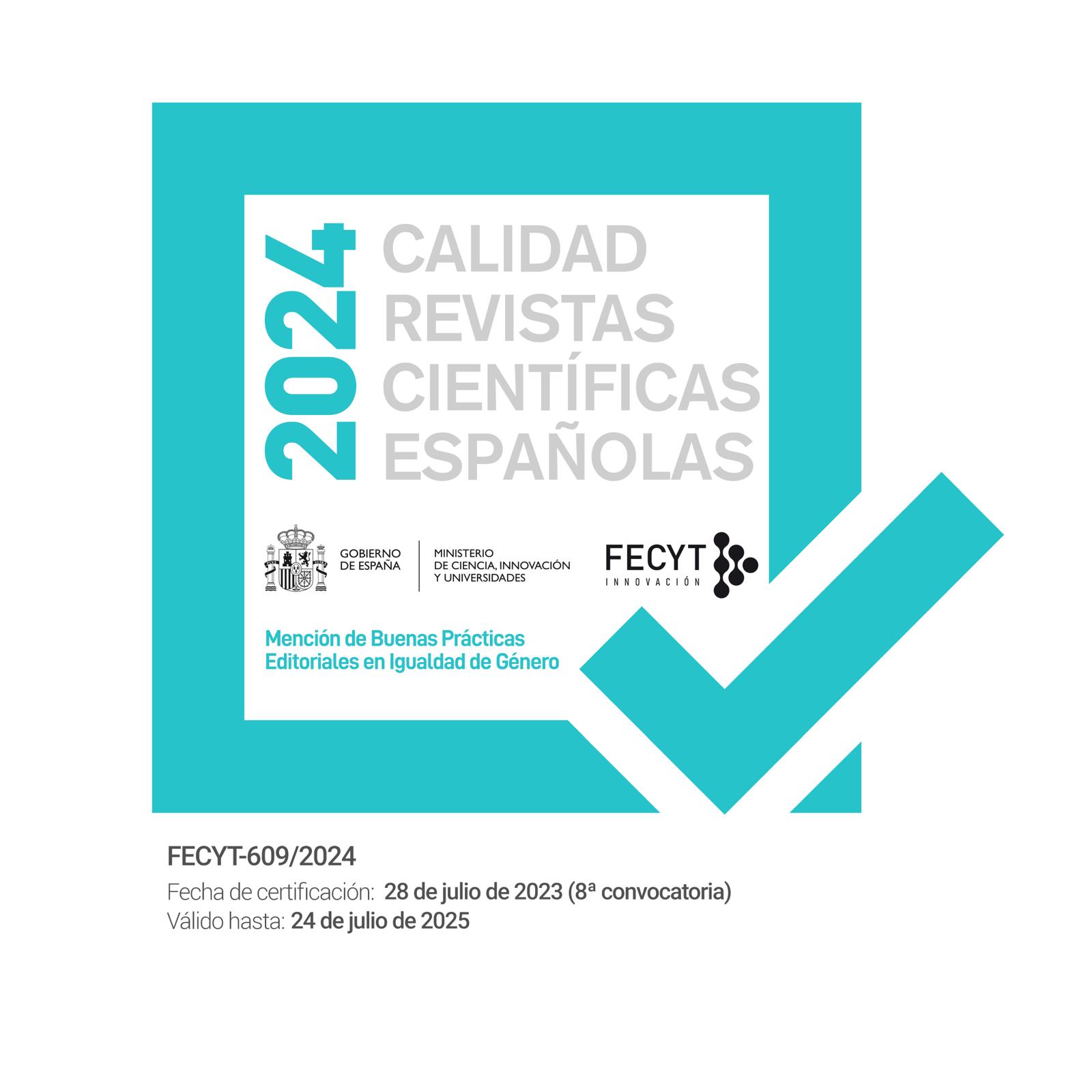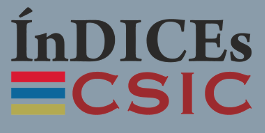Challenges of building citizenship through language: Clear language and inclusive language
Análisis de la Guía para el uso de un lenguaje no sexista e igualitario en la Honorable Cámara de Diputados de la Nación de la Argentina
DOI:
https://doi.org/10.35869/hafh.v24i1.2766Keywords:
Plain language, Inclusive language, Communication techniquesAbstract
Two trends seem to influence today the way in which some Argentine organizations and institutions
attempt to communicate with their audiences: a care to use an inclusive language and the increasing search for a clear style. Although the concern for both inclusive and clear language seems perfectly compatible, its articulation may not always be viable. In fact, some variants suggested by the guides of inclusive language (impersonalization,
abstract nouns, passive voice and circumlocutions) can even be viewed as contrary to plain language principles. By reviewing the Guide for the Use of a Non-sexist and Egalitarian Language in the Honorable Chamber of Deputies of the Nation, I will review examine different strategies that seek to avoid the use of the generic masculine to
contrast them with the clear language recommendations. The objective will be to examine what options could be inclusive without risking clarity.















